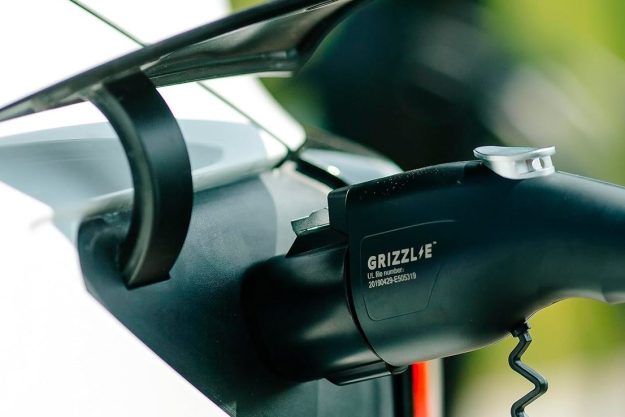The Viper’s reign of dominance started in November 2014, when the automaker decided to adorn the coming 2016 Viper with all of the track-proven technology that was featured on the 2015 ACR. Given that the new car had a stiffer chassis, more power, stronger brakes, and more refined suspension — aka better everything — the result was a foregone conclusion. But not only did the new car smash the old car’s record at the Inde Motorsports Ranch in Wilcox, Arizona, it ended up beating every production vehicle that had ever lapped the 2.2-mile circuit. The street-legal ACR went on to do the same at 12 more tracks across the country, making it the undisputed track record king.
“The [Sports Car Club of America] has certified that the new 2016 Dodge Viper ACR holds more track records than any other production car in the world,” said Tim Kuniskis, Head of Passenger Car Brands at Fiat Chrysler Automobiles. “We expected our new Viper ACR to be the fastest street-legal Viper track car ever. Now we know without a doubt that it is.”

As you might expect, the 2016 Viper ACR is quite the handful. It’s raw, it’s brutal, and it’s a bit frightening, but most importantly, it’s very, very fast. Under its vented hood lies an aluminum, handcrafted 8.4-liter V10 that pumps out 640 horsepower and 600 pound-feet of torque, allowing it to sprint from 0 to 60 mph in just over 3.0 seconds.
Power is only part of the equation though, and to get it around the track quicker, the car features independent adjustable suspension, carbon ceramic Brembo brakes, and an outrageous aerodynamic package that provides 1,101 pounds of downforce at 150 mph — more than any other production car can claim. Around the famed Laguna Seca Raceway, the ACR set a time of 1:28.65, 1.24 seconds quicker than the incredible Porsche 918 Spyder. You can see all of the Viper’s track times right here.
With the future of the Viper uncertain, the title of undisputed track king is quite the feather in the vehicle’s cap, a roaring swan song for a car that has clearly carved out its spot in the history books.


